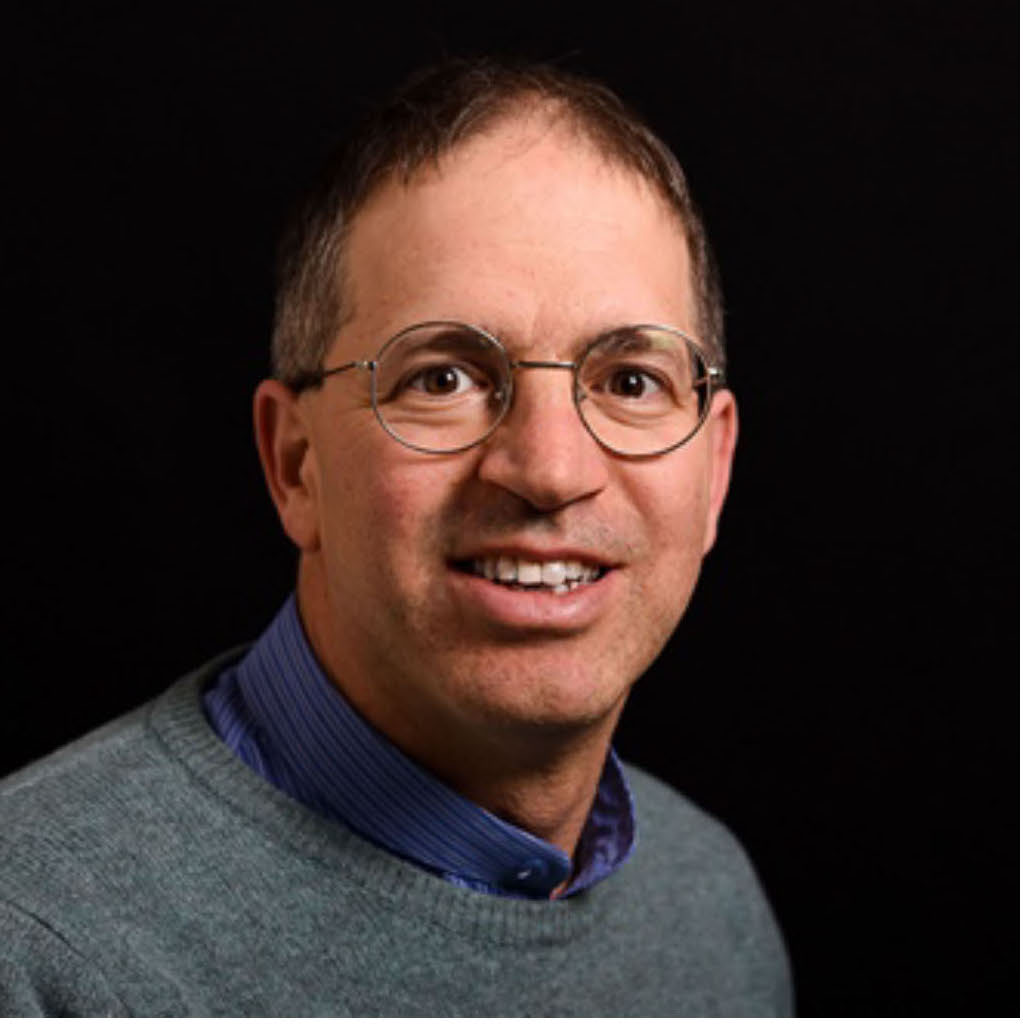Abstract
Practical Tools for Catalyst Discovery and Optimisation in the Digital Era
Catalysis is a key enabling technology for synthesising everything from petrochemicals all the way to pharmaceuticals.[1] Yet though its principles are over 150 years old, the discovery of a new catalyst can shake the chemical industry. Over the years, companies have developed good research practices for optimising catalysts for batch and continuous processes. Even so, few catalysts reach the pilot stage, and only very few reach large-scale application. In this lecture, I will present a simple concept and set of digital tools for predicting the catalyst performance.[2,3] These tools can be applied in both homogeneous and heterogeneous catalysis.[4] They can predict the conversion, selectivity and stability for practically any catalytic reaction. The approach is based on our ‘quick & dirty’ descriptor models. I will demonstrate these tools using three real-life examples: The hydrocyanation of adiponitrile, the hydrogenation of 5-ethoxymethyl furfural,[5] and the oxidation of butane to 1,3-butadiene.[6] Hopefully, this lecture will help you increase the productivity of your own research in catalysis.
- Catalysis: Concepts & Green Applications. G. Rothenberg, Wiley-VCH, 2 edn., 2017, ISBN 978-3-527-34305-8.
- Heterogeneous catalyst discovery using 21st century tools: A tutorial. E.J. Ras and G. Rothenberg, RSC Adv., 2014, 4, 5963-5974.
- Predictive modeling in homogeneous catalysis: A tutorial. A.G. Maldonado and G. Rothenberg, Chem Soc. Rev., 2010, 39, 1891-1902.
- Designing bifunctional alkene isomerization catalysts using predictive modelling. I.R. Landman, E.R. Paulson, A.L. Rheingold, D.B. Grotjahn and G. Rothenberg, Catal. Sci. Technol., 2017, 7, 4842-4851.
- New tricks by very old dogs: Predicting the catalytic hydrogenation of HMF derivatives using Slater-type orbitals. E.J. Ras, M.J. Louwerse and G. Rothenberg, Catal. Sci. Technol., 2012, 2, 2456-2464.
- Predicting the performance of oxidation catalysts using descriptor models. N. Madaan, N.R. Shiju and G. Rothenberg, Catal. Sci. Technol., 2016, 6, 125-133.
Biography
Professor and Chair of Heterogeneous Catalysis and Sustainable Chemistry, University of Amsterdam

Gadi Rothenberg is Professor and Chair of Heterogeneous Catalysis and Sustainable Chemistry the University of Amsterdam, where he teaches courses on catalysis and workshops on scientific writing and innovation. His research interests include clean energy, biomass conversion, and creating value from waste. Rothenberg has published two books and over 200 papers in peer-reviewed journals, invented 16 patents, and cofounded the companies Sorbisense, Yellow Diesel and Plantics. The impact of his work is reflected in several distinctions, including the European Commission Marie Curie Excellence Award, the Paul Rylander Award from the Organic Reactions Catalysis Society, and the “lecturer of the year” award by the UvA chemistry students. His external appointments include Senior Visiting Scholar at Fudan University in Shanghai in 2017 and Lady Davis Visiting Professor at the Hebrew University in Jerusalem in 2018. Since January 2020 he is also the Technical Director CO2 and Circular Economy of the Shanghai Institute for CleanTech Innovation.




